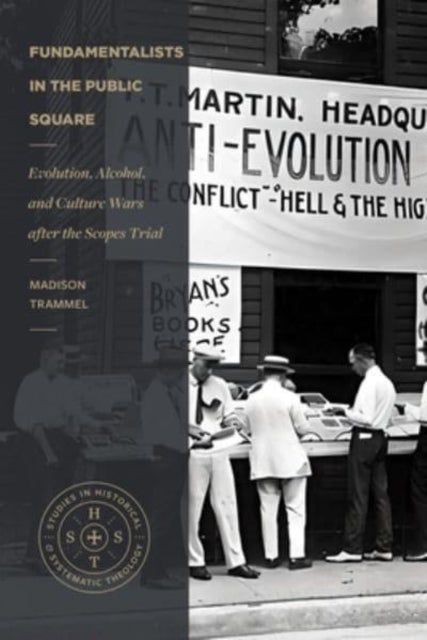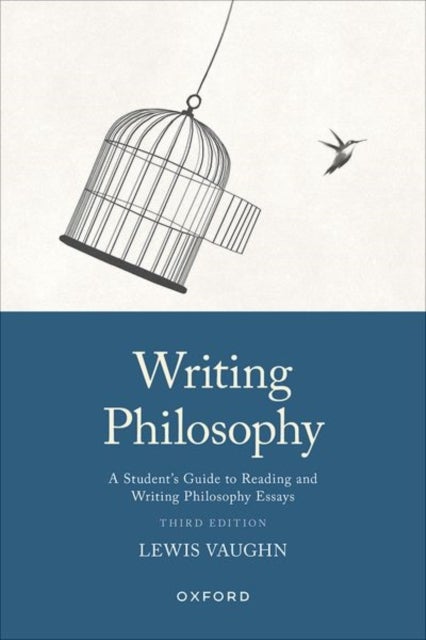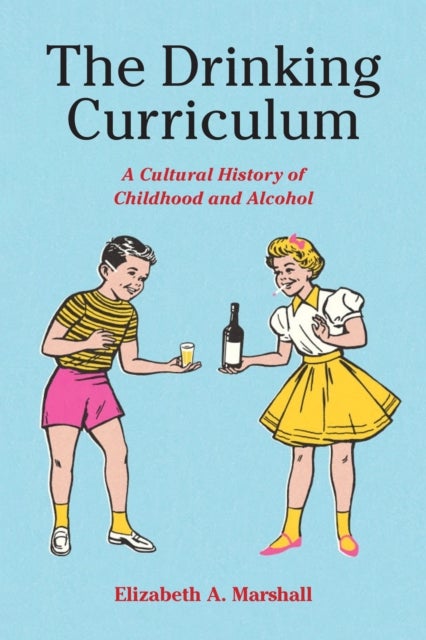
The Myth of Luck av Steven D. (Bloomsburg University of Pennsylvania USA) Hales
329,-
Humanity has thrown everything we have at implacable luck¿novel theologies, entire philosophical movements, fresh branches of mathematics¿and yet we seem to have gained only the smallest edge on the power of fortune. <i>The Myth of Luck</i> tells us why we have been fighting an unconquerable foe. Taking us on a guided tour of one of our oldest concepts, we begin in ancient Greece and Rome, considering how Plato, Plutarch, and the Stoics understood luck, before entering the theoretical world of probability and exploring how luck relates to theology, sports, ethics, gambling, knowledge, and present-day psychology. As we travel across traditions, times and cultures, we come to realize that it¿s not that as soon as we solve one philosophical problem with luck that two more appear, like heads on a hydra, but rather that the monster is altogether mythological. We cannot master luck because there is nothing to defeat: luck is no more than a persistent and troubling illusion. By introducing us








